
Robots carry out intelligent automated production at Foxconn's lighthouse factory in Zhengzhou. (PHOTO by LI CHAOQING/CHINA NEWS SERVICE)
Its new business headquarters also issued a recruitment notice in June, with plans to hire more than 69 positions in fields including EVs and batteries.
Roger Sheng, vice-president of research at US market research company Gartner, said Foxconn is diversifying its business layout and marching into new fields in a bid to wean itself off a heavy reliance on churning out mobile phones amid sluggish sales in the global smartphone market.
A report released by market research firm Canalys said global smartphone shipments fell 13 percent year-on-year to 269.8 million units in the first quarter. Samsung reclaimed its pole position and shipped 60.3 million units, accounting for 22 percent of the global market share, while Apple came in second with 58.0 million shipments, taking a 21 percent share, Canalys said.
"Foxconn has accumulated rich experience in intelligent manufacturing and the production of precision electronic components, which will help it gain a competitive edge in manufacturing electric vehicles," Sheng said, adding that Foxconn's advanced manufacturing abilities in phones could be applied to the EV segment.
However, Sheng said the company still faces intense competition from domestic EV makers, such as NIO and BYD, and traditional automakers, which are doubling down on efforts to launch new models of vehicles and expand production capacity.
Foxconn rolled out its first three EV prototypes in 2021, underscoring its ambitious plans to diversify away from its role of making consumer electronics for Apple and other tech firms. The company has set a target of providing components or services for 10 percent of the world's EVs between 2025 and 2027.
Zhang Xiang, a researcher at the Jiangxi New Energy Technology Institute, said: "As the growth in the global smartphone industry is slowing, Foxconn hopes to seek new business growth points by making forays into the burgeoning EV market. If not, its market valuation will drop simultaneously."
However, there is still a long way to go for Foxconn to successfully replicate its original equipment manufacturer experience in information and communication fields in the automotive industry, given that the manufacturing of vehicles is much more complicated than smartphones.
China's NEV sales surged 44.1 percent year-on-year to nearly 3.75 million units in the first half, said the China Association of Automobile Manufacturers. NEV sales in June stood at 806,000 units, up 35.2 percent from a year ago. The output of NEVs in the country totaled nearly 3.79 million units in the first six months, expanding 42.4 percent year-on-year.
Moreover, China will extend purchase tax breaks on NEVs to the end of 2027, said the Ministry of Finance, the State Taxation Administration and the Ministry of Industry and Information Technology last month. Analysts said the move will further stimulate consumer buying sentiment for NEVs and inject strong impetus into the world's biggest auto market.
Ming-Chi Kuo, an analyst from TF International Securities, said Foxconn lacks experience in the production of EVs, and even if it starts investing in this segment now, it will take two to four years before the continuous investment yields initial results.
During a panel discussion focusing on Asia's manufacturing resurgence at the Summer Davos Forum, Liu also emphasized that manufacturing plays an important role in bolstering economic growth, enhancing the utilization of resources and creating a large number of jobs.
Manufacturing helps safeguard social stability and improves people's well-being, Liu said, adding that "China has become the world's largest manufacturing base, and Asia has the potential to build a regional manufacturing system".
Furthermore, although the level of automation at Foxconn's factories is high, the number of workers has also increased slightly, driven by the expansion of production volume, Liu said.
China has attached great importance to manufacturing and emphasized the need to accelerate the modernization of the industrial system, with the real economy as its key pillar.
The country has maintained its position as the world's largest manufacturing hub for 13 straight years, accounting for nearly 30 percent of global manufacturing output in 2022, according to the Ministry of Industry and Information Technology.
Greater efforts are needed to promote technological innovation and increase capital input in research and development so as to accelerate the transformation and upgrading of traditional manufacturing, said Li Dongsheng, founder and chairman of consumer electronics maker TCL Technology Group Corp.
"China's manufacturers should transition from exporting products to exporting industrial capacities, ramping up localized operations abroad and speeding up their layouts in overseas markets, so as to cope with changes in the global economic landscape and rising trade protectionism," Li said.
"To reinforce the competitiveness of China's manufacturing sector globally, it is important to beef up R&D investment in frontier technologies and forward-looking fields, and accelerate the in-depth integration of digital technologies with various industries," said Chen Duan, director of the Central University of Finance and Economics' Digital Economy Integration Innovation Development Center.








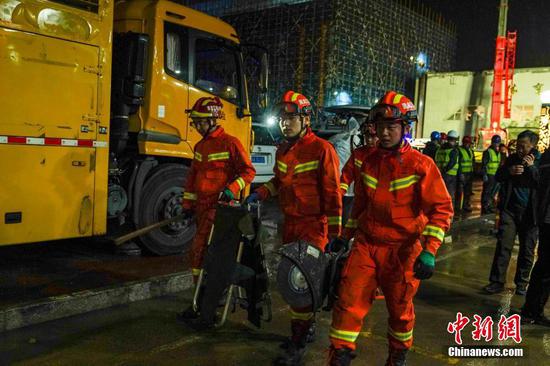

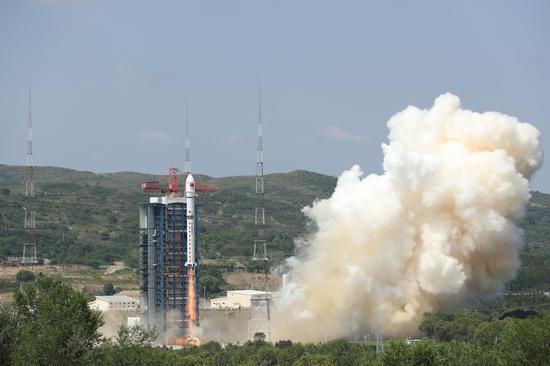




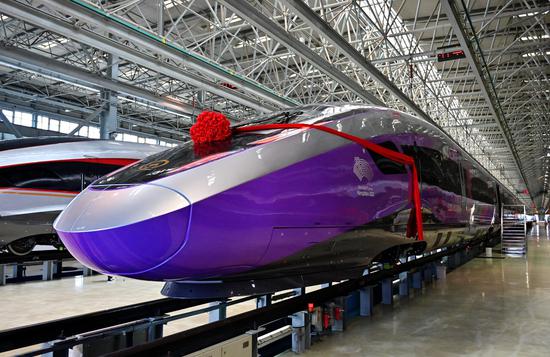









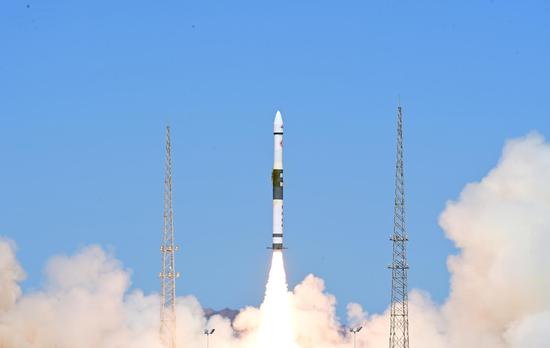
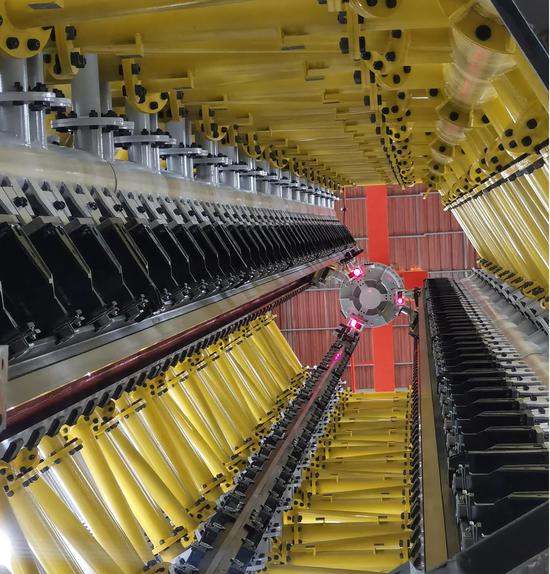




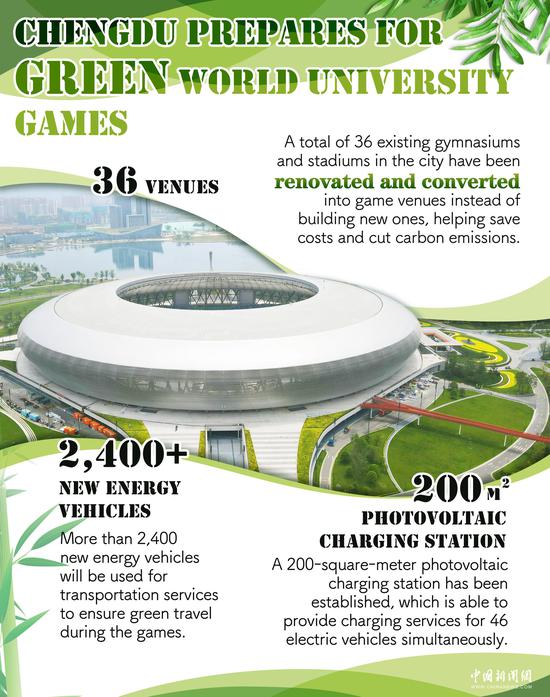

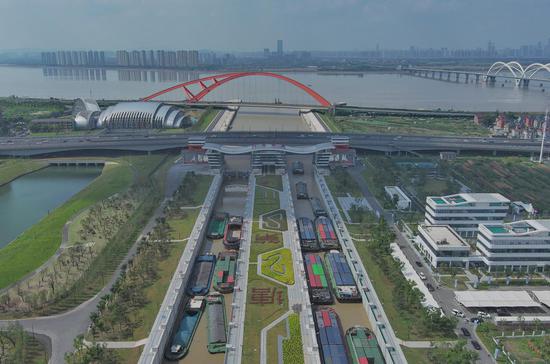




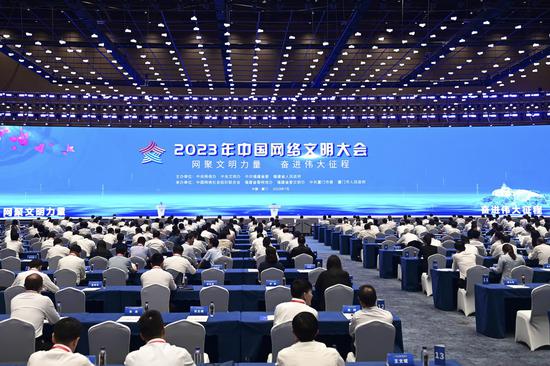





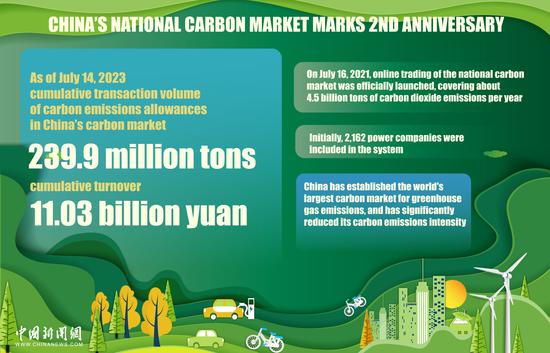





 京公网安备 11010202009201号
京公网安备 11010202009201号
